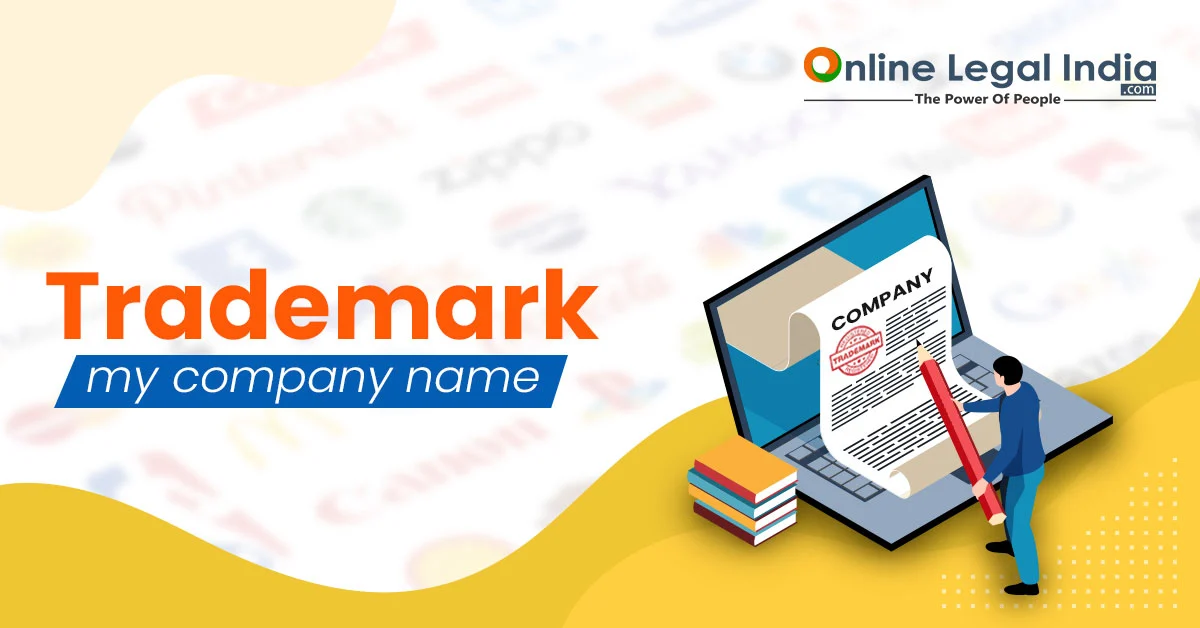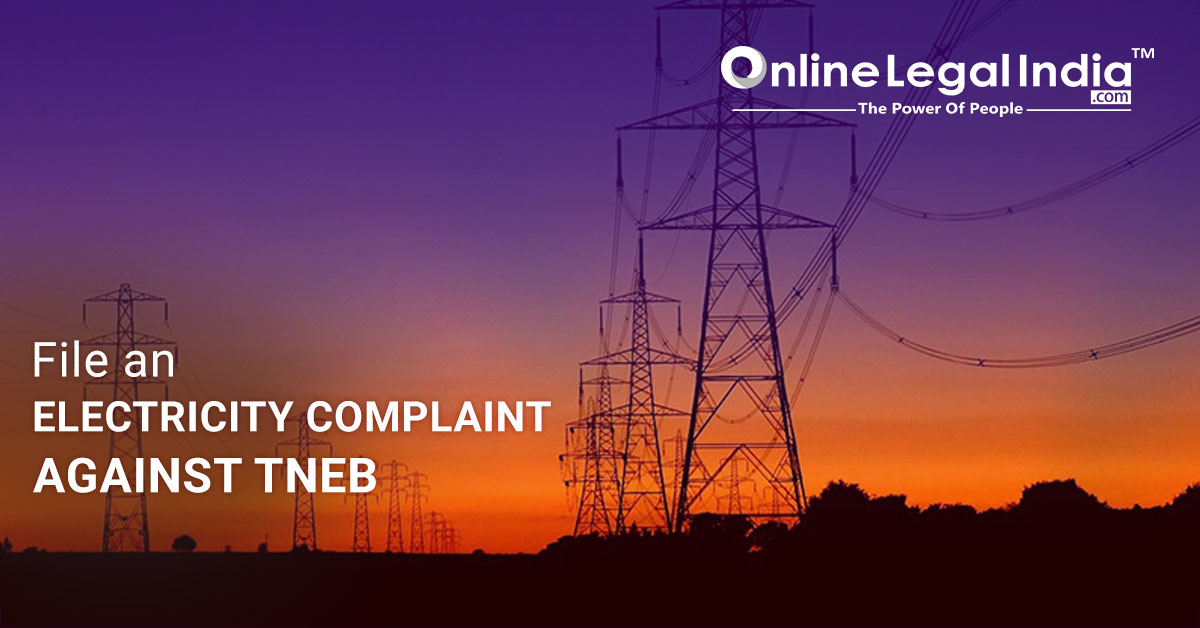How to Trademark My Company Name in India
29 Apr, 2024

 By Online Legal India
Published On 08 Mar 2023
Category Private Limited Company
By Online Legal India
Published On 08 Mar 2023
Category Private Limited Company
A corporation encourages employees to purchase stock as part of the ESOPs for private companies. The price at which these shares are provided to employees is significantly lower than the market price. Employee stock ownership schemes are intended to bring the interests of employees and shareholders closer together and give advantages to employees.
The employee stock option plan is a contractual arrangement that grants workers the right, but not the obligation, to acquire or subscribe to a specified number of business shares at a predetermined price, known as the exercise price. Even if future market prices rise, the exercise price remains the same. Employees are also company owners; thus, they are believed to pay greater attention to financial outcomes and business progress, raising the share price.
It is a great choice to provide ESOPs and an excellent way for businesses to construct teams of high achievers. Employers who provide ESOPs to their employees do so to match employee interests with those of the company's shareholders. Shareholders express their desire to maximize the value of their shares by improving the company's financial and operational performance. Employee Stock Option Plans (ESOPs) reward employees when stock prices rise, encouraging shareholders and employees to work together towards the same goal.
The advantages of ESOP for Private Companies are listed below:
The process for issuance of ESOP for private companies involves some essential steps. Employee stock options are defined in Section 2(37) of the Companies Act 2013 as the right provided to employees, directors, or officers of its holding or subsidiary company to acquire, benefit from, or subscribe to the company's shares at a specific price in the future.
As a result, an ESOP is a plan in which a company proposes raising its subscribed share capital by issuing more shares to its employees at a fixed rate. To offer ESOP for a Private Company, a corporation must meet the regulations outlined below:
In India, the taxation of employee stock option schemes is being revised. Employees were taxed as a perquisite on the difference between the stock's FMV on the date of vesting and the exercise price under ESOPs. As a result, ESOPs formed following the mandatory ESOPs Guidelines obtained preferential tax treatment. Such eligible ESOPs are taxed only when the shares are sold.
An individual is liable to pay income tax in two situations:
If an employee earns money as a reward for their employment, it is dubbed a perk. To calculate income, the employer must subtract TDS from the fair market value of each stock and divide it by the share's market value.
Employee stock ownership plans, sometimes ESOPs, generate capital gains for stockholders. The employee will receive a capital gain equal to the difference between the price at which the asset was sold and the value at which it was first issued to the employee. Investors were obligated to pay the tax in the year the ESOP was sold.
Workers are interested in the features and benefits of existing employee stock ownership schemes. This essay will look at ESOPs for private companies, how they work, and the benefits they provide to employees of large corporations.
The employer contributes to the management of the ESOP Trust and the stock shares. The employee's only contribution is his or her time and effort. The ESOP Trust then invests the contributed shares in a broad portfolio of equities, bonds, and other financial instruments.
Employee stock options allow its owners to buy shares at a predetermined price at any moment within a certain period. When options are issued, the current market value of the stock, or "strike," is usually utilised as the purchase price. The right to exercise the options may be levied entirely at once or gradually during the first several years of the grant. Employee options are usually only valid if exercised within the first decade of being given.
Companies can furnish the shares required for workers to execute options using a variety of approaches. For example, some companies keep stocks that have not been distributed to the broader market. Others utilise earnings to buy back shares on the market and set up reserves for option exercises. Exercising option rights either increases the number of available shares or decreases the share price, diluting the value of existing shares.
The amount of profit per share of stock owned by a publicly listed firm is referred to as per-share or EPS, and it can be calculated quarterly or annually. Earnings per share are computed by dividing a corporation's total earnings by the number of outstanding shares. For example, if a business had one million shares and 200,000 employee options exercised, the stock would be 1.2 million.
Conclusion
The ESOP for private companies benefits both the company and its employees. It is suitable for startups when workers may obtain incentives when the firm goes public. Every firm employee who meets the conditions may be offered an ESOP.

How to Trademark My Company Name in India
29 Apr, 2024

Know the Cost to trademark a name and all the fees required
23 Apr, 2024

How to Register a Brand Name
17 Apr, 2024

How Can You Download FSSAI Certificate?
15 Apr, 2024

Copyright a Business Name Know the Procedure
13 Apr, 2024

Consumer Complaint against Tamil Nadu Electricity Board TNEB
30 Nov, 2020

How to Take Legal Action against Mental Harassment in India?
07 Nov, 2020

UPPCL Uttar Pradesh Power Corporation Ltd. Complaint Filing
19 Nov, 2020

How to File a Complaint Online in Consumer Court in India
27 Nov, 2020

Online Complaint Filing against Hero Motocorp
04 Dec, 2020